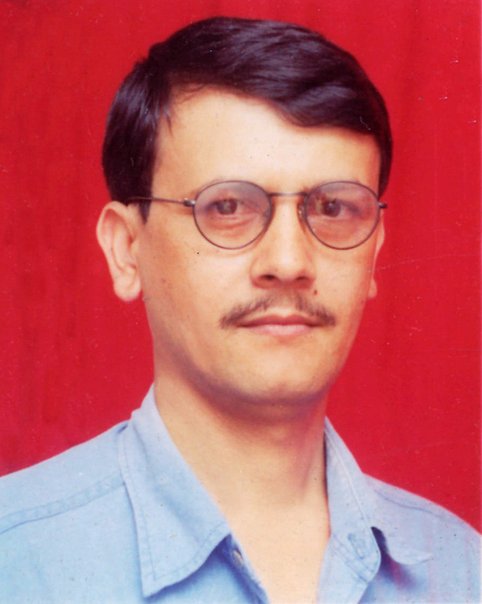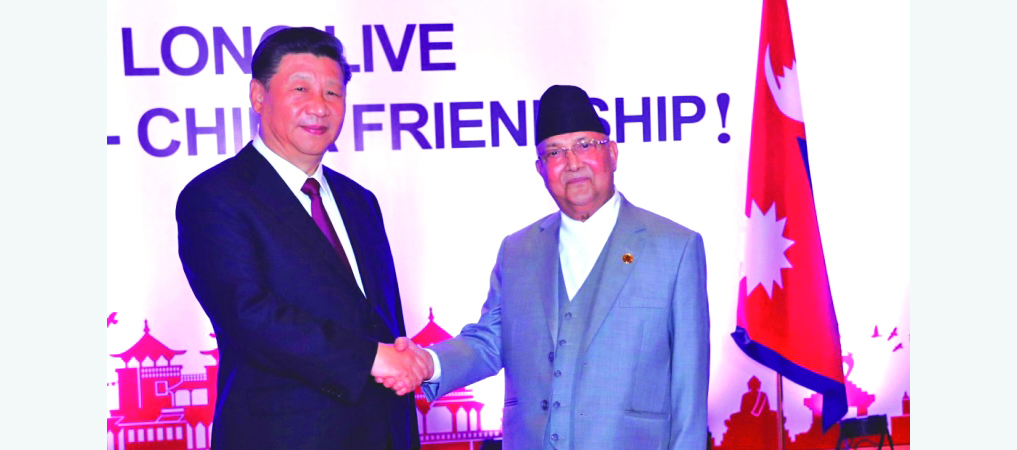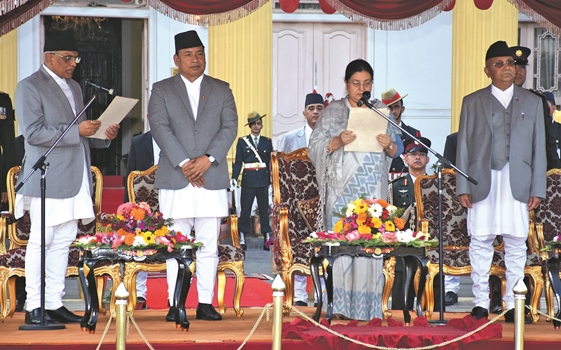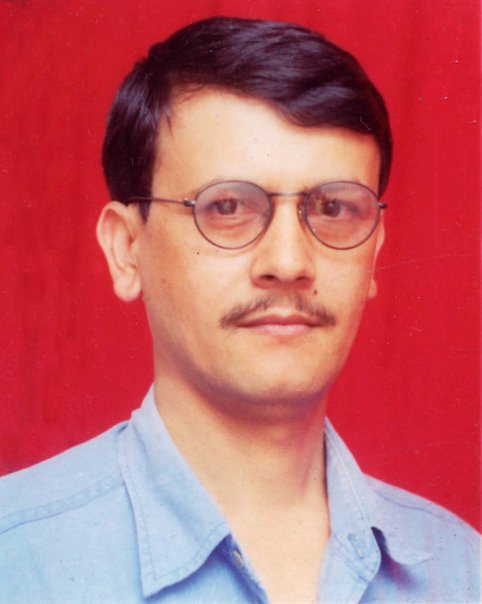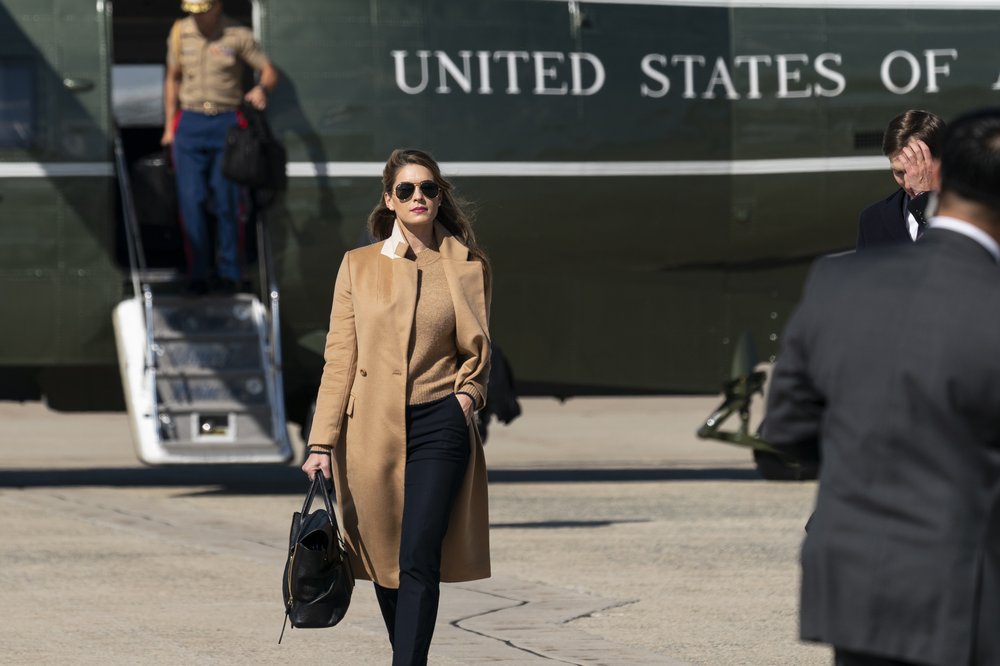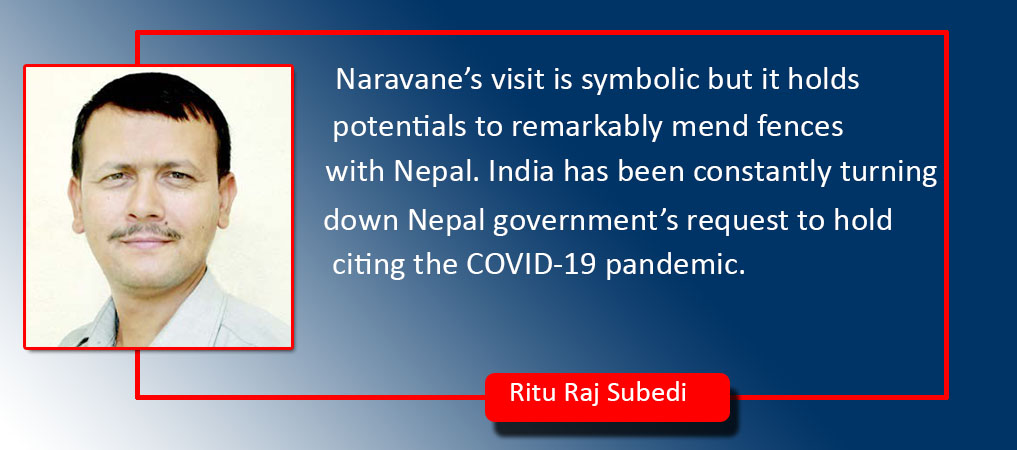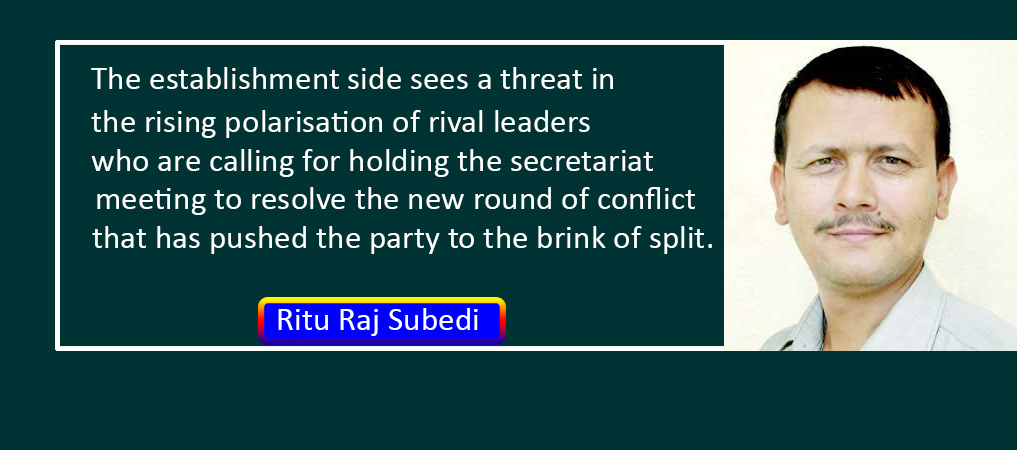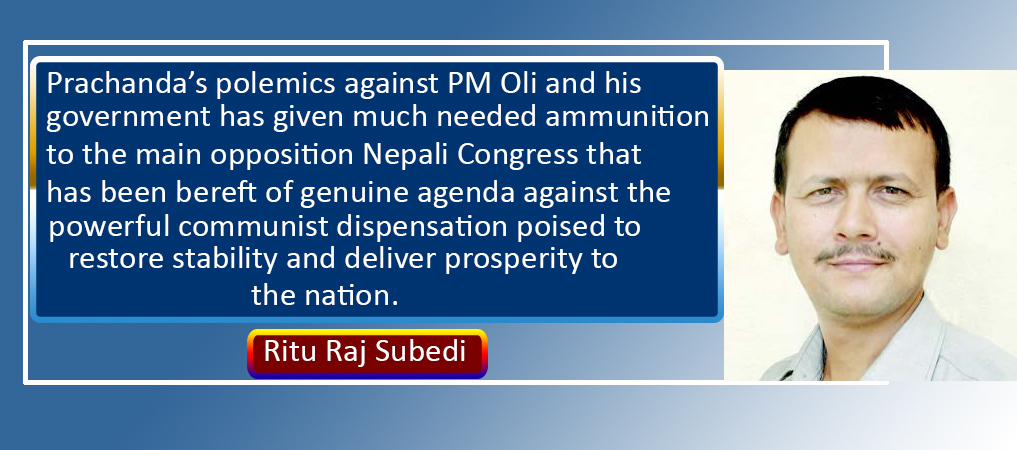NCP Govt Must Not Miss The Boat
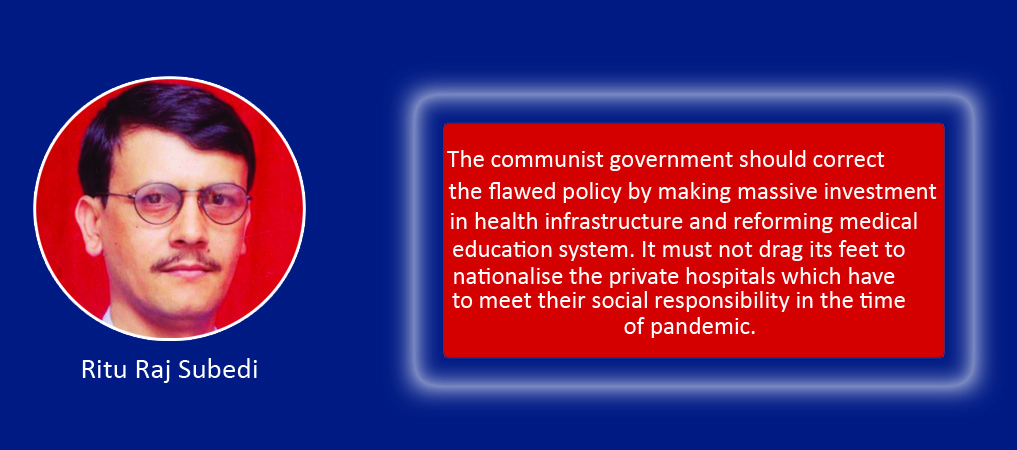
Ritu Raj Subedi
In mid-February 2018, Nepal got the strongest government in decades. The newly unified Nepal Communist Party (NCP) pulled off sweeping victory in the historic elections in 2017 on the planks of stability, prosperity and nationalism. These poll slogans were music to the ears of voters fed up with decades of political turmoil, steep economic decline and nation’s eroding image. The NCP has commanded near two-thirds majority in the federal parliament and local governments, while leading governments in six out of seven States. Besides, the enfeebled and disarrayed opposition is not in a position to mount a big challenge to the government in unveiling and implementing transformative programmes to realise Prime Minister KP Sharma Oli’s lofty motto - Prosperous Nepal, Happy Nepali.
Stability
The government claims it has scored numerous achievements in political, economic and social spheres in the last two-and-a-half years. It spent first year in office on formulating key laws in line with the new federal and republican constitution promulgated in 2015. Upon completing two years, it has insisted to have built ‘base year’ on which it seeks to carry out socio-economic transformations. Of course, the Oli-led government delivered stability to the country with predictable environment for business and investment. However, it ironically faced the threat not from outside the government but from inside the party. While forging unity between the erstwhile CPN-UML and CPN-Maoist Centre, the top leadership had unwittingly planted seeds of instability. Oli and his co-chair Pushpa Kamal Dahal Prachanda had agreed to lead the party and government on a rotational basis. Nonetheless, Oli had skilfully rendered this defective oral deal null and void by taking Prachanda into confidence.
However, the intra-party bickering has posed the biggest threat to the Oli government in delivering on his electoral promises. The leadership’s failure in managing the internal rift has cost the government’s performance dearly. Its current top-bottom approach is not working. It is true the former UML and the Maoist Centre got merged owing to the dramatic moves of Oli and Prachanda. The modus operandi based on the consensus between the two chairs has not given impetus to achieve ideological coherence and organisational integration of the party. The central leadership must listen to and embrace the views of the party’s lower committees. The decisions made at the highest level should reflect the broad-based debates held at the grassroots. The well-functioning lower committees hold the potential to foster the participatory democracy and check their higher-ups from taking arbitrary decisions. Institutional and transparent decisions enable the party to overcome trust deficit and expand its support base.
Here is another pertinent question: how can the country secure the political stability with the frequent changing of the guard? The two chairs have been holding the rounds of meetings for the last couple of weeks to pick the new faces to be inducted in the cabinet. This is the part of efforts to implement a recent deal inked to avert the impending party split. Speculations are rife that the chairmen duo is repeatedly changing the lists of the names of the would-be ministers. When the ministers are frequently changed, the bureaucracy turns arrogant and refuses to obey the instructions of elected officials. If the cabinet is reshuffled on the trot just for doing bhagbanda (divide and share) of spoils among the rival factions, this will only give a semblance of stability, not the real one. In the past, the party-government conflicts led to the downfall of even the strong governments before completing their term. The leadership should take lesson from the past events to strike a balance between the roles of party and government.
The ongoing COVID-19 pandemic has thrown a spanner in the works of the NCP-led government but it has also provided opportunity to prove its mettle. This is an ideal time to launch drastic reforms in health sector as per the constitution that has defined health as the fundamental rights of citizens. The ordinary beings should have an easy access to the quality health services but they have been deprived of health facilities because of its privatisation. Health is the public good so the private sector must not be allowed to convert it into its profit-making venture. The communist government should correct the flawed policy by making massive investment in health infrastructure and reforming medical education system. It must not drag its feet to nationalise the private hospitals which have failed to meet their social responsibility in the time of pandemic.
Economic aptitude
Another area the government can demonstrate its economic aptitude is the agriculture. It is time to revolutionise the agriculture for two reasons – to attain self-reliance on food, fruits and vegetables, and absorb thousands of returnee migrant workers. The commercial and scientific farming will encourage import substitution and export-oriented trade. The government should devise appropriate economic policy to utilise skills, knowledge and experiences of returnee workers, who were kicked out of their job in the wake of global coronavirus flare-up. The failure in addressing their concerns is likely to turn them into a powder keg of agitation which can threaten not only the government but also the fragile republic.
(Deputy Executive Editor of The Rising Nepal, Subedi writes regularly on politics, foreign affairs and other contemporary issues. subedirituraj@yahoo.com)
Recent News

Do not make expressions casting dout on election: EC
14 Apr, 2022
CM Bhatta says may New Year 2079 BS inspire positive thinking
14 Apr, 2022
Three new cases, 44 recoveries in 24 hours
14 Apr, 2022
689 climbers of 84 teams so far acquire permits for climbing various peaks this spring season
14 Apr, 2022
How the rising cost of living crisis is impacting Nepal
14 Apr, 2022
US military confirms an interstellar meteor collided with Earth
14 Apr, 2022
Valneva Covid vaccine approved for use in UK
14 Apr, 2022
Chair Prachanda highlights need of unity among Maoist, Communist forces
14 Apr, 2022
Ranbir Kapoor and Alia Bhatt: Bollywood toasts star couple on wedding
14 Apr, 2022
President Bhandari confers decorations (Photo Feature)
14 Apr, 2022
